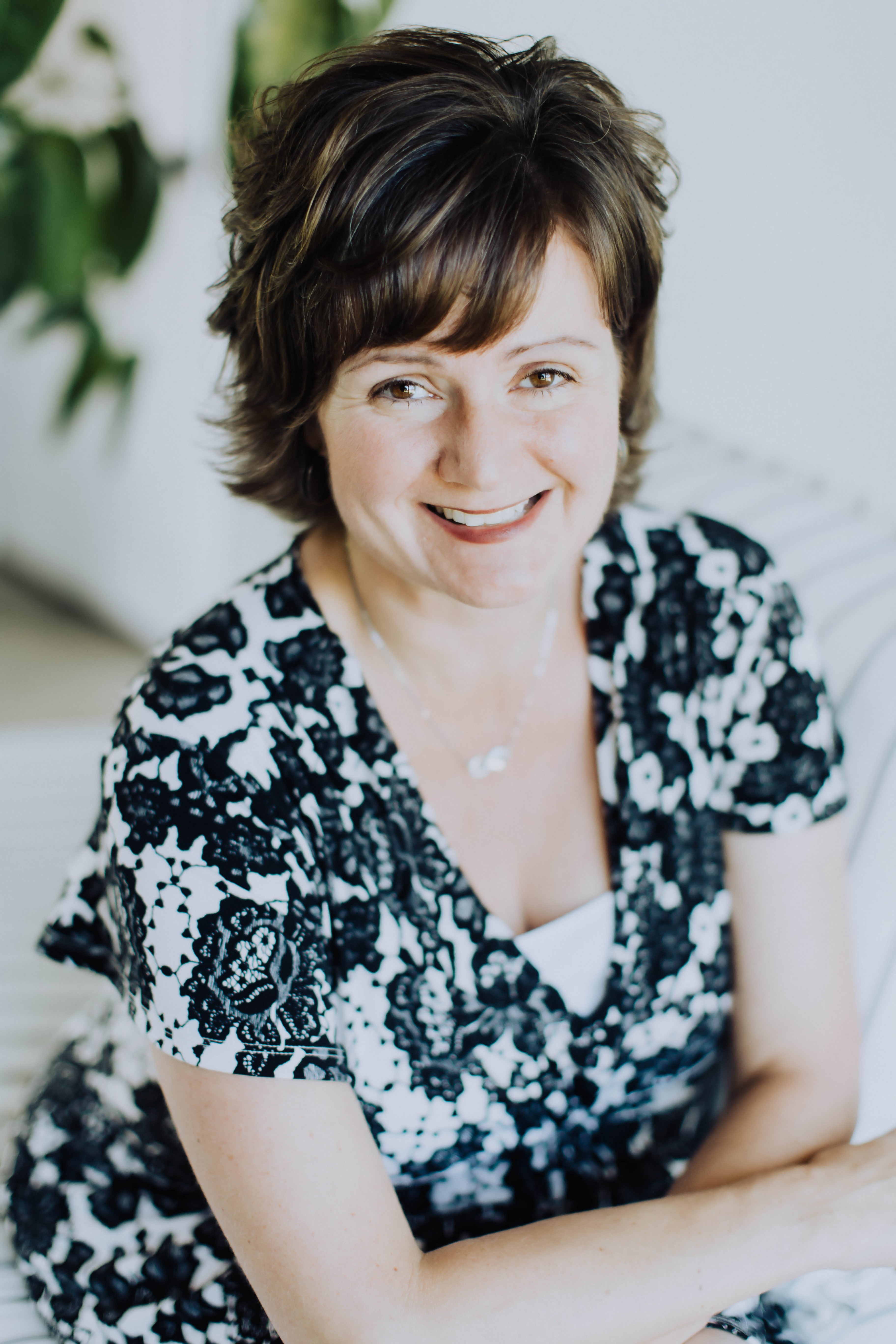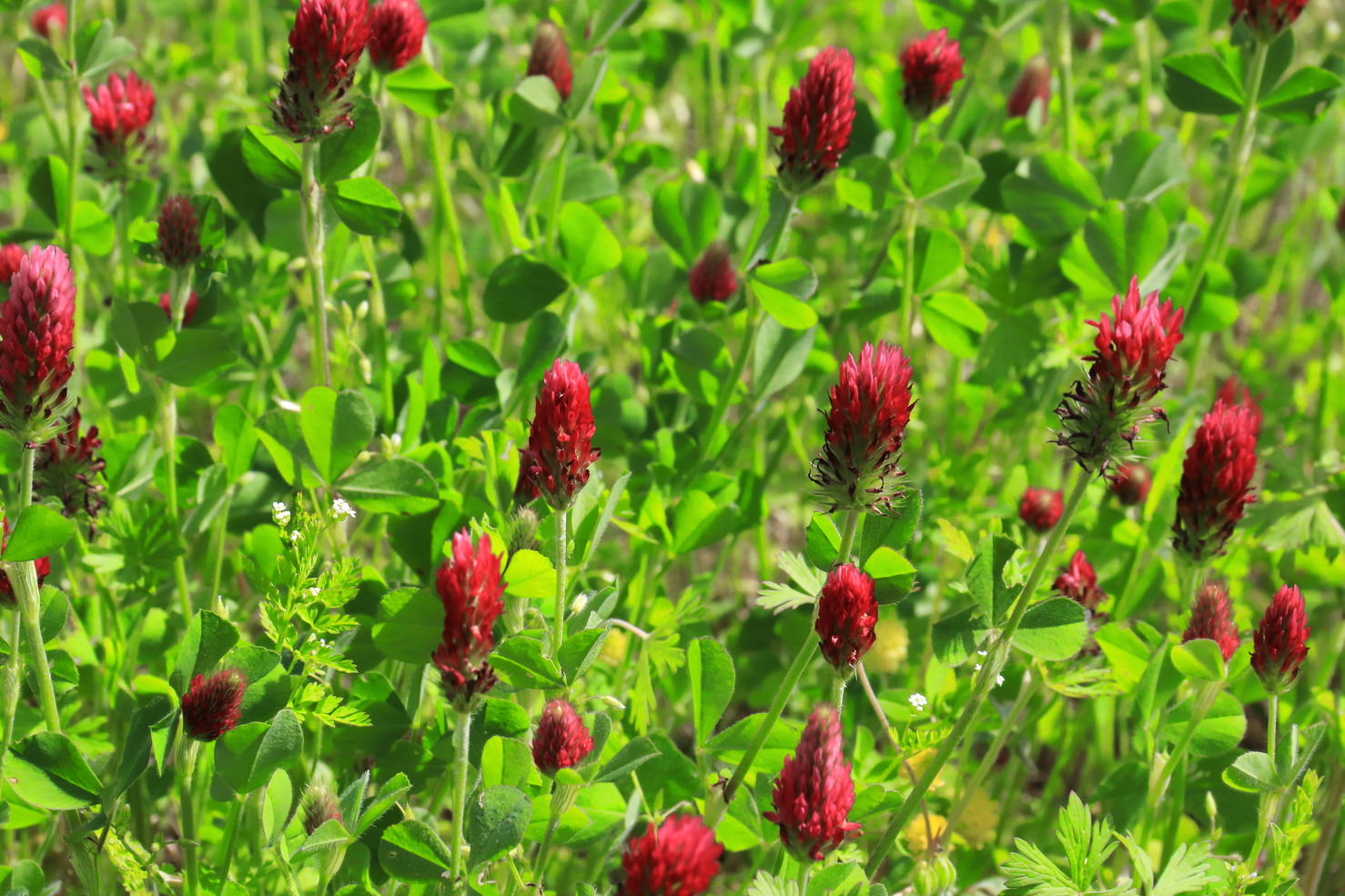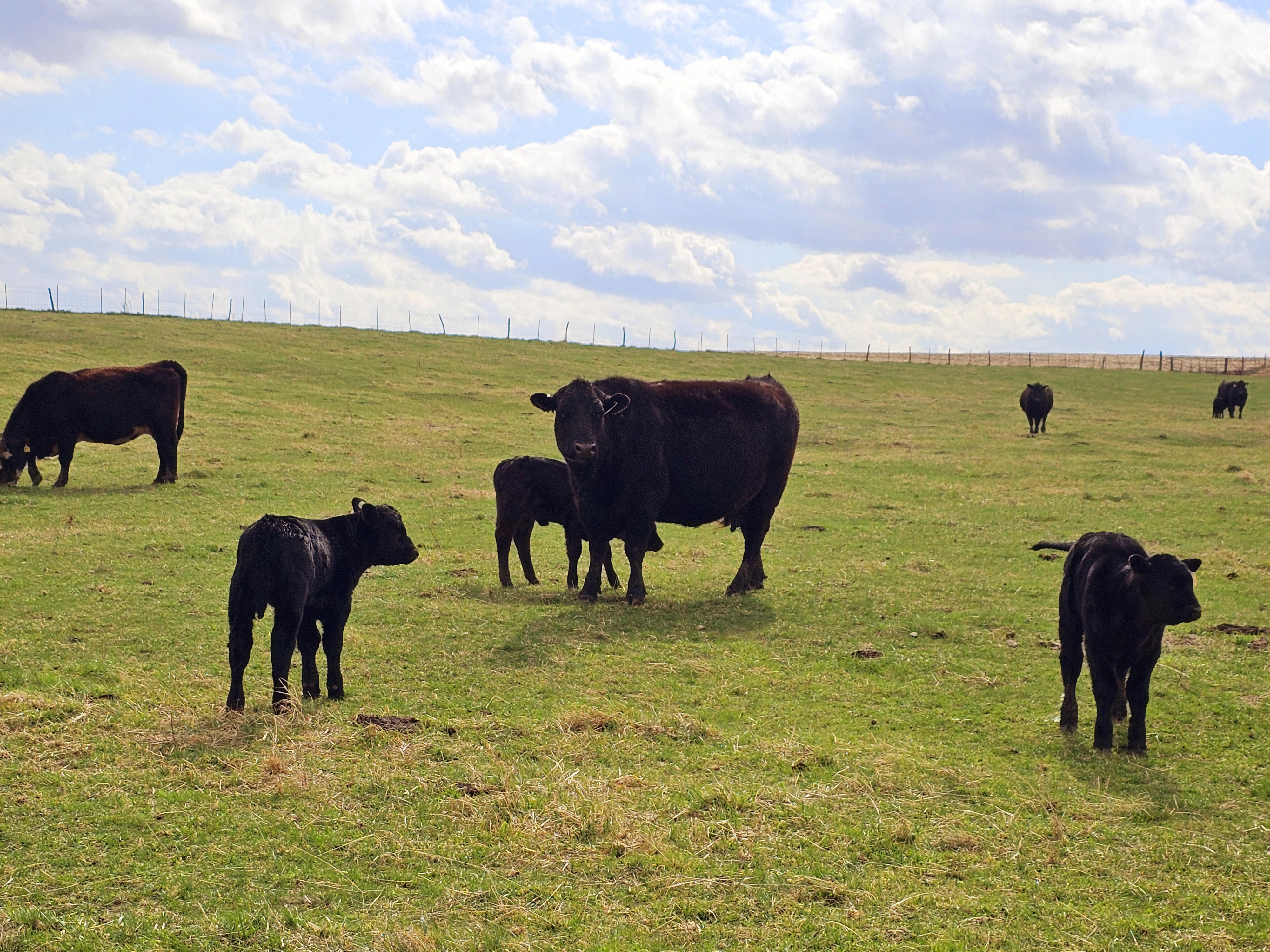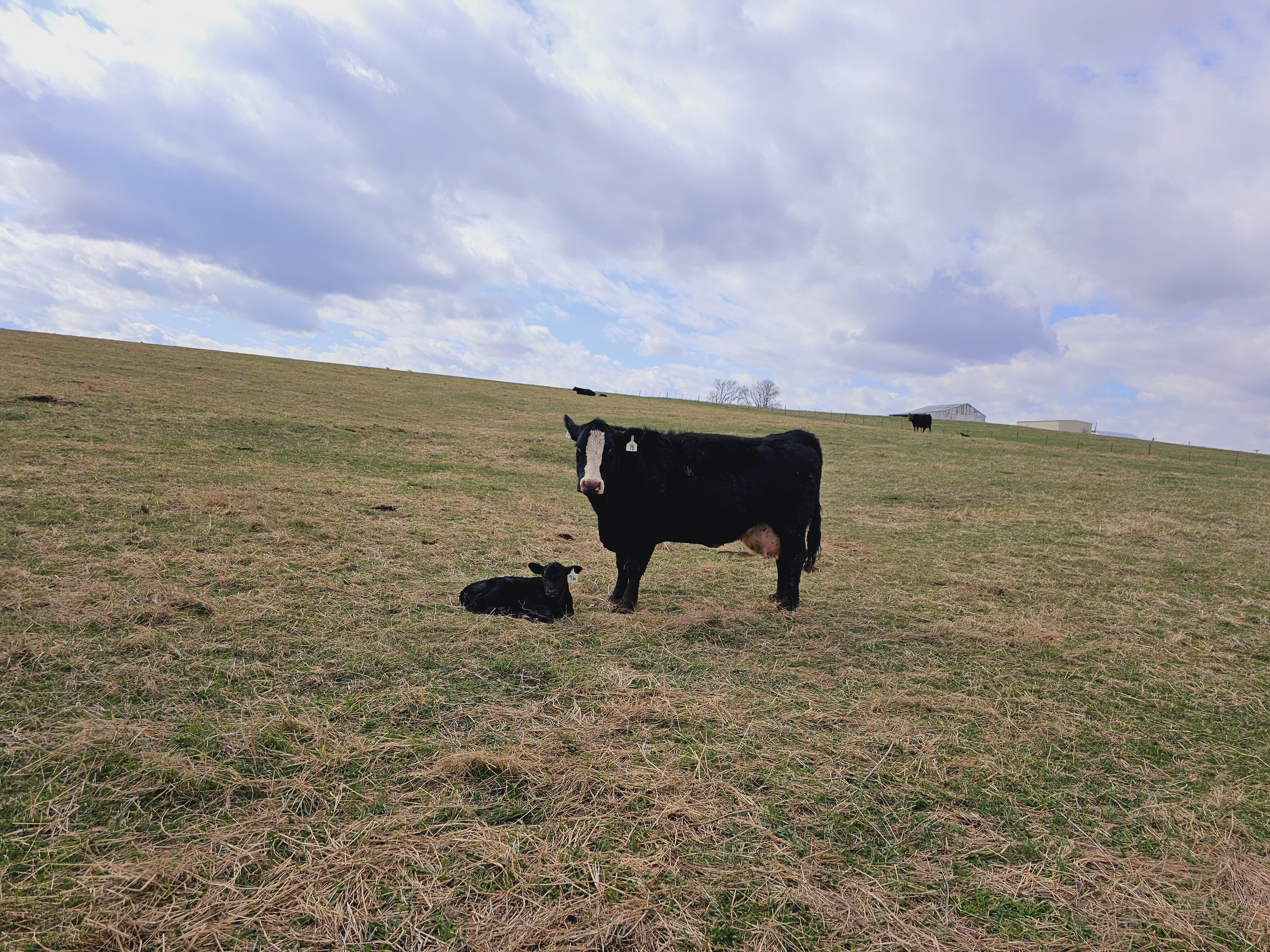Ben Busby is a part of the Graze Master Group and recently signed up with Agoro Carbon. Here’s what he had to say about the carbon program:
“Clay Craighton and Del Ficke had a meeting in Alabama. I wasn’t really interested at first, but the more I listened, it caught my attention. I started talking to my dad about it and we bounced ideas off each other. Agoro Carbon sent us a contract and we read through it. There are no real strings attached to it and Clay told us that what we are doing on the ranch will fit the mold of Agoro Carbon. We liked that they are trying to actually help the farmer and rancher. That’s why we decided to give it a try.”
Ben Busby’s story begins on a dairy farm outside of Mobile, Alabama. Now he pursues his southern-style passion for cattle outside of Repton, AL, “My dad worked on my grandad’s dairy. A disease killed their dairy cows, and they were hauling them out by the semi loads.”
“When my brother and I came along, my dad got into the beef cow business, and we had a commercial herd. We grew up with the benefit of cutting hay and working on a beef cattle farm. The cows started as a hobby, but they wound up putting my brother and myself through college. We both went to Auburn University.”
Busby was a pitcher for the Wilmington Waves minor league team in Wilmington, NC and played ball throughout college all over the country,
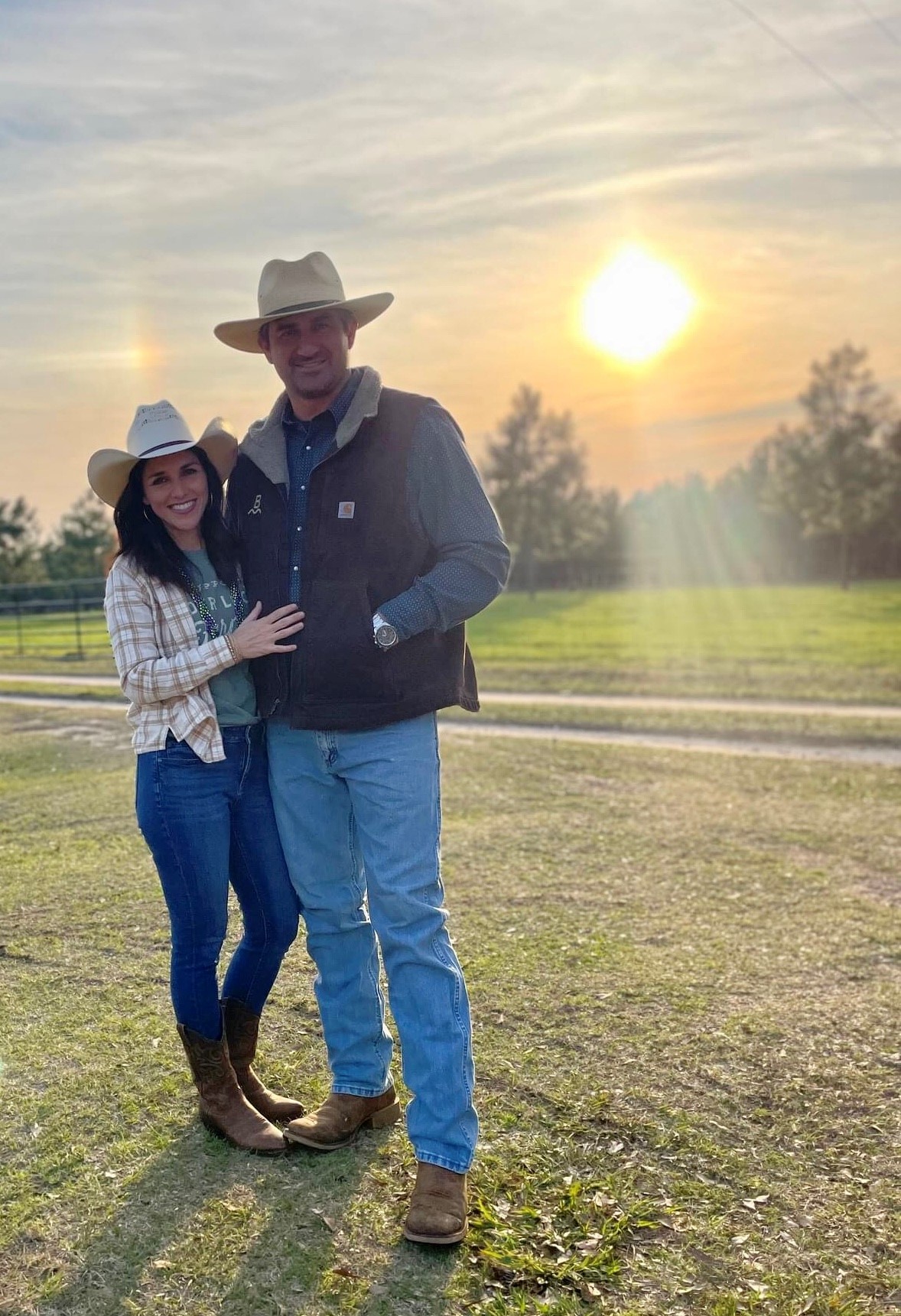
“But, I always had that burning desire to grow cattle and be around agriculture. I always knew I would be back to raising cattle one day.”
“Dad eventually sold out to a neighbor when the cattle market went high,” he went on. “Then, after I married my wife Lindsey, I told my dad, ‘I think I am going to get a few cows.’ Dad said, ‘Well, I have been thinking about getting some too. If you are going to get some, I will get some.’ I bought ten commercial cows at the time. A year later dad said, ‘Why don’t we get into the registered business and raise some SimAngus™. It takes as much money to feed a sorry cow as it does a good cow.’ Now we raise nearly 100 percent SimAngus and run a few hundred cows.”
Busby said his dad likes raising the bulls and he enjoys running the bulls and raising females, “It all comes together. Ever since we got into the registered stuff, I have just kind of grown deeper in love with it and got certified to artificially inseminate. I knew the love for it was there – it was just the matter of finding the niche and which way to go with it.”
Busby loves just about everything about raising cattle, but he said genetics excites him the most. The family has developed a strong relationship with Ken Stewart and his son Jimmy from Big Country Genetics out of Wyoming, “I used to sell a few bulls at Southern Cattle Company where Ken was working part of the time. I liked the way Ken Stewart thought and we hit it off. We shared a love for everything around cows. Ken’s the type of guy that I can call and just talk about cows with.”
“Ken told me I have a fella you need to meet. That is when I finally got to meet Del Ficke of Ficke Cattle Company at a Tuskegee University event around heifer development. Del and I got to talking with Ken and the three of us were bouncing ideas off each other. Del asked me, ‘Why don’t I pay you a visit and take a look at what you’ve got?’ I said, ‘That would be great, come on out.’”
“When I met Del, I told myself, ‘This is the guy I need to be talking to.’ We finally nailed down some dates and he came down. I remember at the time it had not rained in many days at his place near Pleasant Dale, Nebraska. He just stood out in the rain and enjoyed it. I watched him from the truck.
Busby said they are successfully implementing what Ficke spoke to them about during his visit, “We are now working on our mob grazing. We have a couple different leases, and we are mob grazing some of them. I told Del we still have day jobs so I couldn’t move the electric fence every couple days – but, we started tightening our pastures. We started seeding some of the plants he told us to incorporate as well. It’s definitely working. He said it would be a few years, but what he told us to do is already working. It’s a matter of staying the course – you have to keep on keeping on.”
Running cattle is different for people in various regions of the country. Busby said last year his area received around 100 inches of rainfall which is typical of the location, “Our landscape in the northern part of our county is kind of hilly, but down to the southern end of the county there are a lot of cotton and peanuts and more people planting corn now. Where I am at, it’s flat for the most part, with rolling hills – hills where you can raise cattle and grow crops. They are not steep by any means. On the south end of the county, it’s as flat as a pancake. There are a lot of pine trees, and the timber industry is big down here. We have pine trees everywhere – you’ll see pastures and pine trees.”
Busby noted that it rains nearly every evening during the summer, especially July and August. When compared to more Midwest and areas further north he said, “Our best grass is not as good as you all’s worst grass because ours fills up with water. Those cows have to consume a lot of grass to get something out of it. It has a lot of moisture in it.”
When it comes to other challenges he added, “Our biggest predators are probably the coyotes. We have black bears in the area, and I have heard people say they have seen them in pastures, but no one has lost any cattle to bears that I know of. We do lose cattle to coyotes though. The coyotes and heat are the biggest challenges. The heat is relentless – our heat, this time of year, will hit 101, 102 or 103 degrees and the humidity can be around 65 to 98 percent. It feels like someone throws a wet towel on you in the morning when you walk outside.”
When it comes to winters, Busby noted, “I would say a tough winter for us would be 20 to 25 degrees for two weeks in a row. The average winter for us is usually around late December and through January. It will get around 30 degrees in the morning and up to 60 degrees during the day.”
The busy Busby family’s other endeavor is owning and operating Southern Farm and Supply based out of Monroeville, AL, just about 20 miles away from their farm and ranch near Repton, “I was working construction for years and traveling all over the place. I told my wife, ‘I think I want to do something different. There is a local feed store in town and the guy asked me if I wanted to buy it and I wanted to talk to you before I move forward.’”
The couple decided to proceed with purchasing and managing the store since 2017. Busby said, “We have been plugging right along. My wife put the women’s touch on the store. She brought in the flowerpots and other items and her efforts have reeled in new clientele. I enjoy it. It’s stressful at times – a lot like farming. But I have seen people I have not seen in 20 years walk through the store and we have a good group of people in this little town who support local businesses.”
Busby is thankful for his family by his side. His dad still works with the cattle and his day job. His mom, Cathy, helps keep books for the store and he said she does, “so much that everyone else doesn’t want to do.” Lindsey is dedicated to the store and is full-time mom to Dawson, Bo, and Lily Brooks.
“Right now, it’s easy to want to give up because inputs are so high,” Busby said about the ag industry as it stands today. “But, if we can just hold on and maintain and bridge the gap, I sure hope it gets better. There are times I wanted to throw the flag in too, but I think to myself, ‘If I sell out the cows, what would I do?’”
“My passion is cattle,” he said in closing. “Whatever your passion is, you have to keep pushing because times are not always going to be good. You have to take the good with the bad. Right now, we are in a bad time. But it’s the cards we are being dealt. We have to do what we have to do to push through, carry on, and keep going. I can’t quit because it is what I love. It would be crazy to give up that easily. The rope is getting shorter. Still, if we can hold on, I think it’s going to get better. We just have to tough it out.”
Follow the Busby family and their operation on Facebook.
